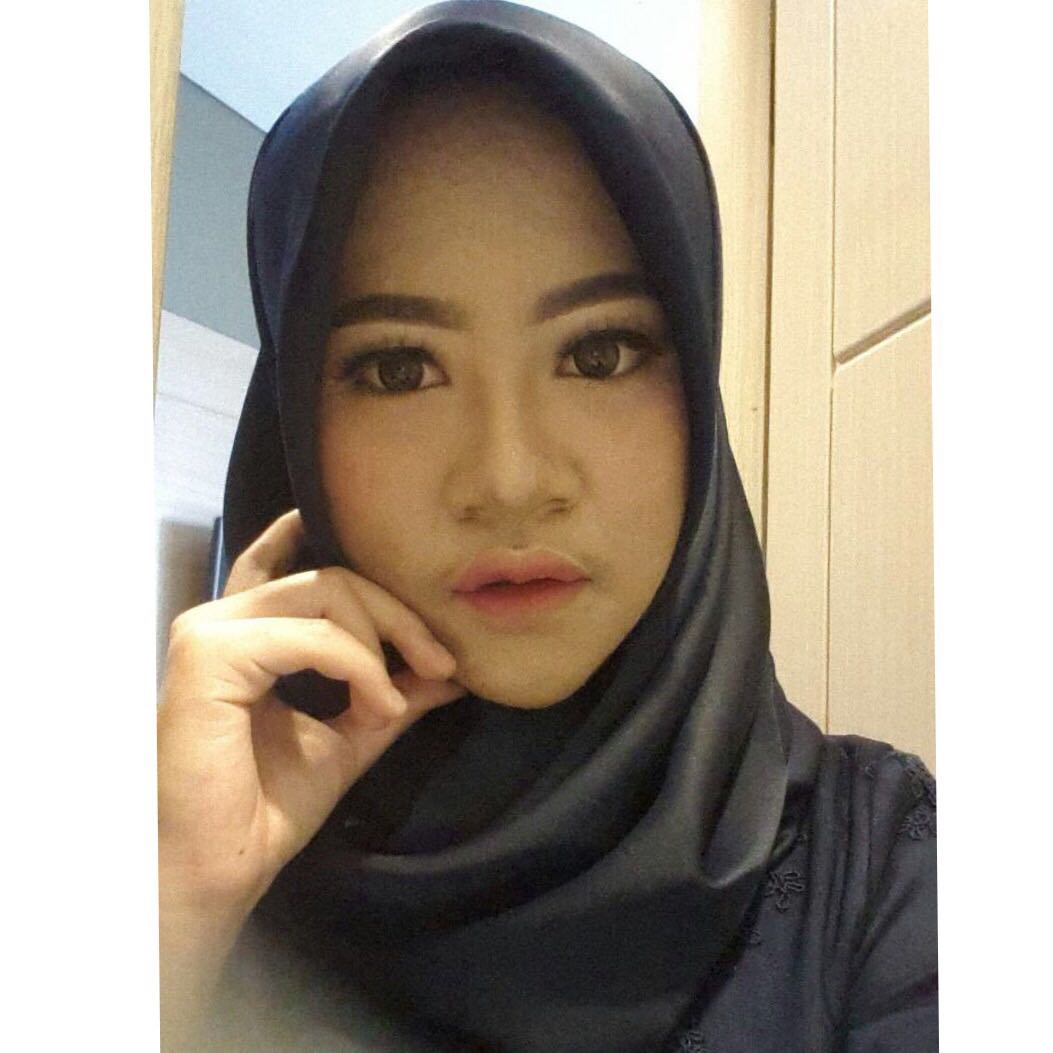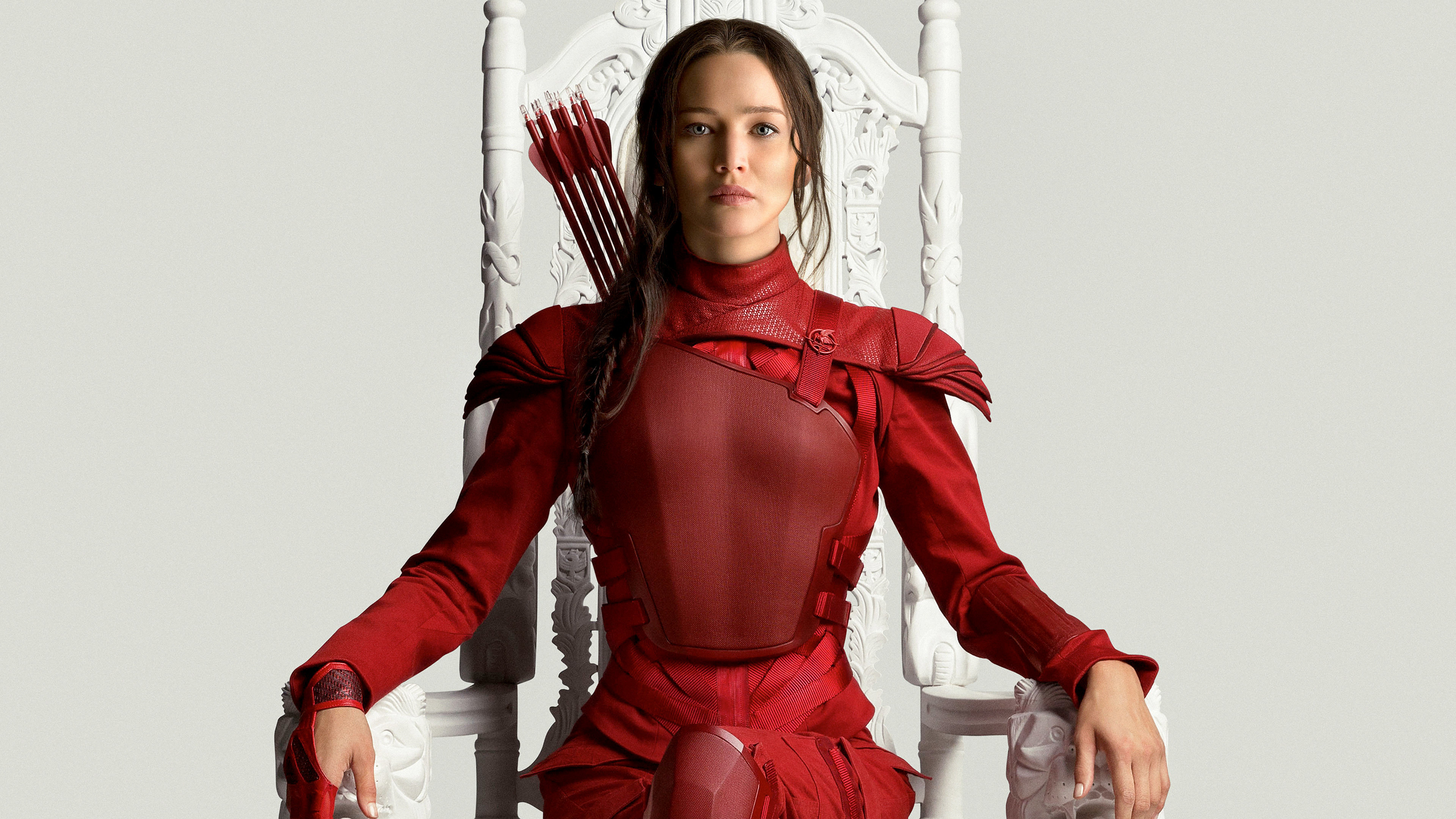As Mary Poppins Returns is playing in the cinemas and I watched Christopher Robin a couple months ago, I can’t help but think that there’s some kind of a rendezvous trend of movies for the 90s generation to remembering our childhood heroes once again. This trend made me compare my childhood hero with the stock character type which these lately becomes a trend too in young adults rom-con and drama movies; a manic pixie dream girl.
The Manic Pixie Dream Girls (MPDGs)
The term Manic Pixie Dream Girl occurred based on the observation from a Film Critic, Nathan Rabin in 2007 towards the character of Kirsten Dunst in the Elizabethtown movie. The MPDG refers to “that bubbly, shallow cinematic creature that exists solely in the fevered imaginations of sensitive writer-directors to teach broodingly soulful young men to embrace life and its infinite mysteries and adventures.”
Natalie Portman as the Sam in Garden State (2004), Margo Roth in Paper Towns (2015), and even the Summer in (500) Days of Summer (2009) are some characters who are identified as MPDGs. A manic pixie dream girl is usually stunningly attractive, energetic, high on life, and full of wacky quirks. As she is extremely adventurous, an MPDG has no ambitions and she knows exactly that she lives only once. Thus, she embraces her life to the fullest.
The purpose of this female character is usually to help the broody male character to see that this life is full of infinite possibilities. Usually, an MPDG will teach our main male character to have fun, break the rules, and do whatever they want as she will disregard all the sadness and negative emotions throughout the film. Simply put, an MPDG has been the hero of the main male protagonist to achieve happiness without ever seeking any independent goals herself.
My only question will be, does a manic pixie dream girl really exist? Is there any female figure who is extremely excited about everything, disregard most of her negative emotions all the time, and has no personal goals and ambitions? If it’s a yes, then she’s must be the dream girl for all the guys out there, isn’t she?
The Anti-Princess Characters
I grew up as a woman who is completely on the contrary of a Manic Pixie Dream Girl character. When I was 5 years old, I still remember how my mom made me and my older sister watch Mulan (1998) several times and I can’t deny that Mulan is my childhood hero until now.
Mulan was teaching me the feeling of having a complete free-will, bravery, kindness, and how to face our fears at the same time. As cliche as it sounds, for the 5-years-old me at that time, Mulan is a proof that a girl doesn’t have to be saved by a male character, and even could save all of China pretty much on her own.
Since then, I and my sister always obsessed with the anti-princess characters. We love Moana (2016) and Merida from Disney/Pixar’s Brave in 2012. My obsession also went to the character of Katniss Everdeen from The Hunger Games trilogy (2012-2015).
All of those characters possessed the traits of being independent, driven, hardworking, and fearless. Simply put, they all have personal goals and ambitions. They live this life to the fullest only for achieving what they really want and need, even if it makes them have to fight against the gender roles.
I can’t help but feel that I and my sister grew up to be just like the anti-princess characters. Sometimes, I feel like I came off too strong and bold as I’m a straightforward person. I say what needs to be said and sometimes, this trait perceived as too intimidated in my country, which still has a strong value of patriarchal society.
I can’t deny that sometimes, I listen to those people in my surroundings, as well as my relatives, who give me advice for not too obsessed with my career and being too independent. Thus, having the anti-princess character as my childhood hero in this patriarchal culture is not as easy as it seems- more often than not, it even made me anxious.
MPDGs vs. The Anti-Princess Characters
Both MPDGs and the anti-princesses are the female protagonist characters who are the heroes of the movie. Both of them even share some similarities of personality traits, such as energetic, high on life, fearless, and kind. So, what differentiates both types of character?
Indeed, the personal goals and ambitions are the aspects which differentiate both types. An MPDG has no personal goals as she was simply in the movie to be the ‘savior’ of the main male character. In contrary, the anti-princess is in the movie because she has a strong ambition of reaching her personal goals.
Mulan wanted to replace her father’s role in the battlefield, Merida refused to get into an arranged marriage as she wanted to explore more of her life, Katniss wanted to stop the dictatorship of President Snow, and Moana wanted to discover the world beyond the reef.
Each of the anti-princess has their own personal goals which they could achieve. Personal goals and ambitions are the fuel and the reason why the anti-princess characters existed in the first place.
I came to realize that my mom raised me with the value of an anti-princess character. As a working mom herself even before my older sister born, my mom always teaches me the value and the importance of being independent and fearless until I am becoming a working woman myself.
Nevertheless, I believe that Mulan was the manifestation of my mom as my true childhood hero. She taught me to always stand up for myself, to speak the truth, and to defend myself no matter how hard the situations will get. Through Mulan, my mom gave me an example to be a warrior, regardless of what my gender is. I don’t think people shouldn’t be a Manic Pixie Dream Girl/Boy.
The main purpose of an MPDG is to save someone for living their lives to the fullest. But in fact, nobody should ever be responsible for saving someone’s life.
Each individual is responsible for their own lives and nobody is ever responsible for fixing someone else’s wounds.
So, we, as the thriving human beings, shouldn’t be an MPDG or even has someone who is an MPDG in our lives. Because at the end of the day, we can always be our own hero, with or without someone else’s presence.


